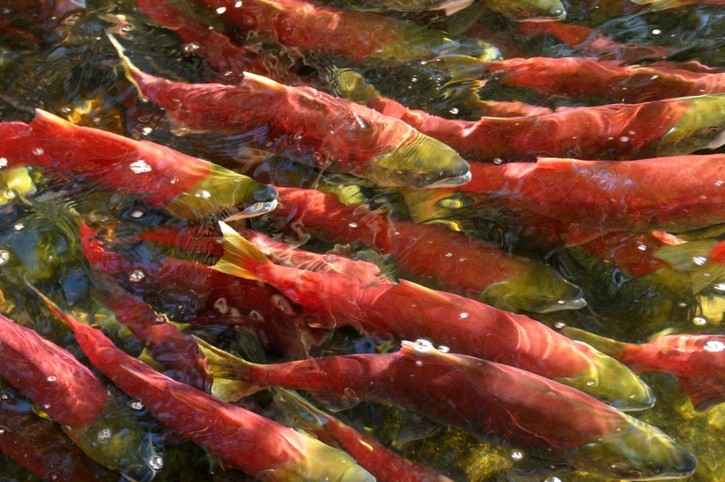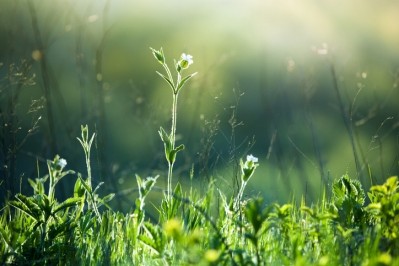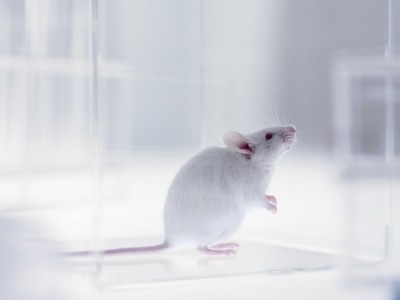Climate change is cause for concern, but hasn’t threatened marine ingredient supplies so far, expert says

Ray Hilborn, PhD, is a professor in the School of Aquatic and Fisheries Sciences at the University of Washington. Hilborn has studied both the biology of fish as well as the management of fisheries to judge the future of aquatic ecosystems.
Hilborn and his coauthors have made the case in a study published in 2020 that global regulatory schemes are having an effect and have staved off the worst threats of overfishing.
But climate change represents another threat that fishing quotas can’t correct, but can merely respond to.
A salmon story
Hilborn’s research has given him a ringside seat to how climate change is affecting fish in the oceans in real time. For years now he has run a research project looking at the sockeye salmon (Oncorhynchus nerka) runs in two particular streams that ultimately drain into Bristol Bay, on Alaska’s Bering Sea coast.
Hilborn’s research has aimed to pinpoint what factors contribute to the reproductive success of individual fish. The timeline for this data is now long enough that his group has in effect salmon family histories for these two streams, which are just kilometer or so apart.
“We probably have the most complete data for any wild spawning fish population in the world,” Hilborn said.
Recent data from this project makes clear how difficult it will be to predict precisely how a warming climate and other industrial stimuli, like greater nitrogen inputs or micro plastic pollution, will affect the oceans long term. In a typical year hundreds of sockeye salmon pairs would spawn in each of Hilborn’s research locations. This year they numbered in the thousands.
“We just had the biggest return in history this year and it is almost certainly due in part to global warming,” Hilborn said.
The factors included slightly higher temperatures in the inland lakes where the tiny hatchlings spend their first year, meaning they’re that much bigger and stronger when they first enter the ocean. And slightly warmer waters (within reason) where they first make that transition seems to help, too.
Prime habitats for fish are shifting
“The Alaska salmon fisheries are doing quite well. The Alaskan pollock fishery is doing well, too,” Hilborn said. “The Washington fisheries, not so much.”
What appears to be happening is that the range of good salmon habitat is moving north, Hilborn said. Salmon remain true to their accustomed home turf and are genetically programmed to return to their birthplaces to spawn, so individual fish aren’t leaving the south and moving north. But rather, over time the salmon in Alaska are expected to have more reproductive success while the populations in the south can be expected to suffer, Hilborn said.
This shifting of fish territories has also been observed in Alaskan pollock, which is a fishery that supplies the omega-3s supplement industry (as does the salmon fishery, to a much smaller degree). In that case, Hilborn said, schools of fish are in fact relocating en masse.
“They are finding pollock in places they hadn’t even surveyed before,” he said.
This tendency for fish to move, and for favorable habitats to shift, will cause increasing problems down the road for fisheries management, Hilborn said. Most of the world’s fisheries management schemes are tied to specific areas of the ocean, both because that’s where the fish historically were and because that’s where the relevant government agencies had sovereignty.
Hilborn said outside of some local effects, such as what his group has observed, the long term and wide scale effects of climate change are unclear.
“The future environment both in the case of the Alaskan salmon and pollock fisheries is unknown,” Hilborn said. “The people who have tried to model it think it is going to be more of a bad thing than a good thing. The Alaskan snow crab fishery, for example, has all but evaporated and we tend to attribute that to climate change but we don’t really know that.”
Where management has succeeded, and where it hasn’t
Hilborn said the major fishery that supplies the omega-3s industry — the Peruvian anchovy fishery — continues to be in good shape and is well managed. A warming ocean could affect major upwelling zones such as the one off Peru that makes that fishery the world’s most productive, but so far there is no way to predict that, he said.
But the history of the cod fisheries off of Maine and Newfoundland provides a cautionary tale of what can happen when management schemes fail, Hilborn said. The population level was driven down much farther and faster than what presumably would be allowed today, and it has not recovered as quickly or robustly has experts expected. What may have happened in the meantime is that cold fresh water from a rapidly melting Greenland ice sheet has cooled the bottom where the cod historically spawned, lowering their reproductive rate.
In any case, Hilborn said fisheries managers are doing what is within their purview to keep fish stocks healthy in a changing world.
“I’m certainly concerned that climate change will make life much more difficult. But I’m pretty optimistic that fisheries management is improving around the world. I have seen enormous change in my career,” Hilborn said.
















